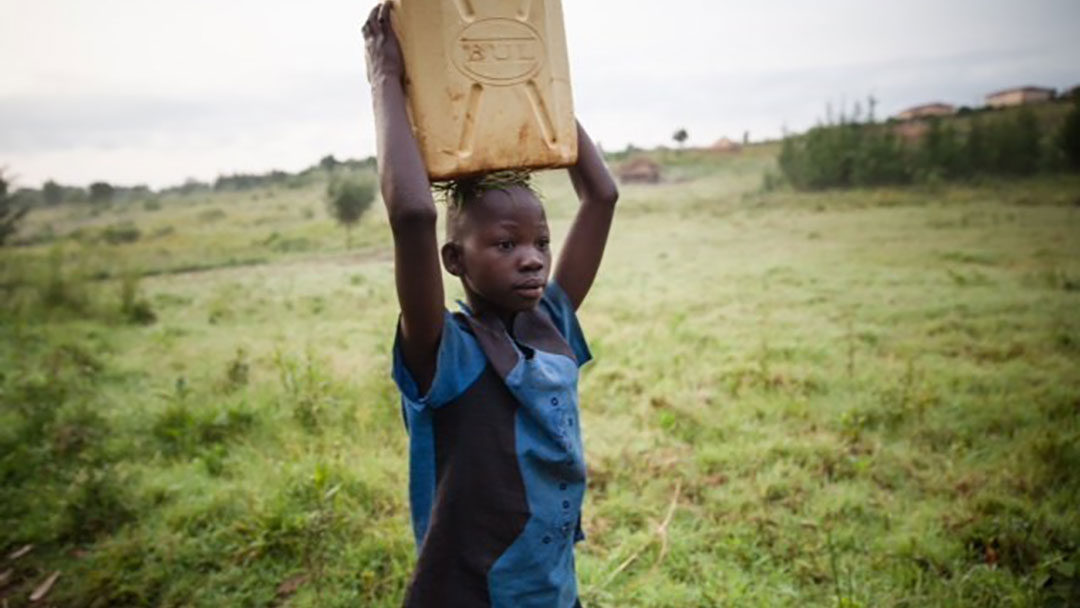Every morning, Kevin wakes up in the deep blue of early morning. Like many other 12-year-old girls in Papoga, Uganda, she promptly starts her chores before going to school. She sweeps around the hut she shares with her sisters, gathers water from a nearby spring, and washes a stack of the previous night’s pots and pans.
The morning fog still hangs on the eucalyptus and cypress tress as Kevin bathes, puts on her sky-blue uniform, and walks to school down a dirt road. She passes through a vibrant community of early-risers: farmers in the fields, artisans in shops, and other students with books in hand. By the time the African sun warms the red clay soil schoolyard, Kevin greets her friends with a smile and heads inside the tin-roofed, red-brick schoolhouse to resume her studies. Her favorite class, she says, is English.
This is where she and her classmates encounter International Medical Outreach. In Kevin’s community, IMO’s intestinal parasite prevention and treatment program aims to improve the health of these students – through medication, health education, access to clean water and shoes, and improved sanitation.
Life in Papoga can look laborious and demanding to those of us on the outside. Indeed part of our job is to look at the state of their health in such a setting and find ways to improve it. However, beyond all else, the setting and the people within it remain shockingly beautiful.
The most effective health professionals can see beauty in even the most broken bodies. They see potential in the poverty-stricken and light in the darkness. Where they see suffering, they also see a joy that only those who have truly suffered can know.
Kevin knows joy. It’s not our job to introduce it to her. Our job is to work with students like Kevin to compound joy with health, so that the beauty that exists can last.
By Austin Price
